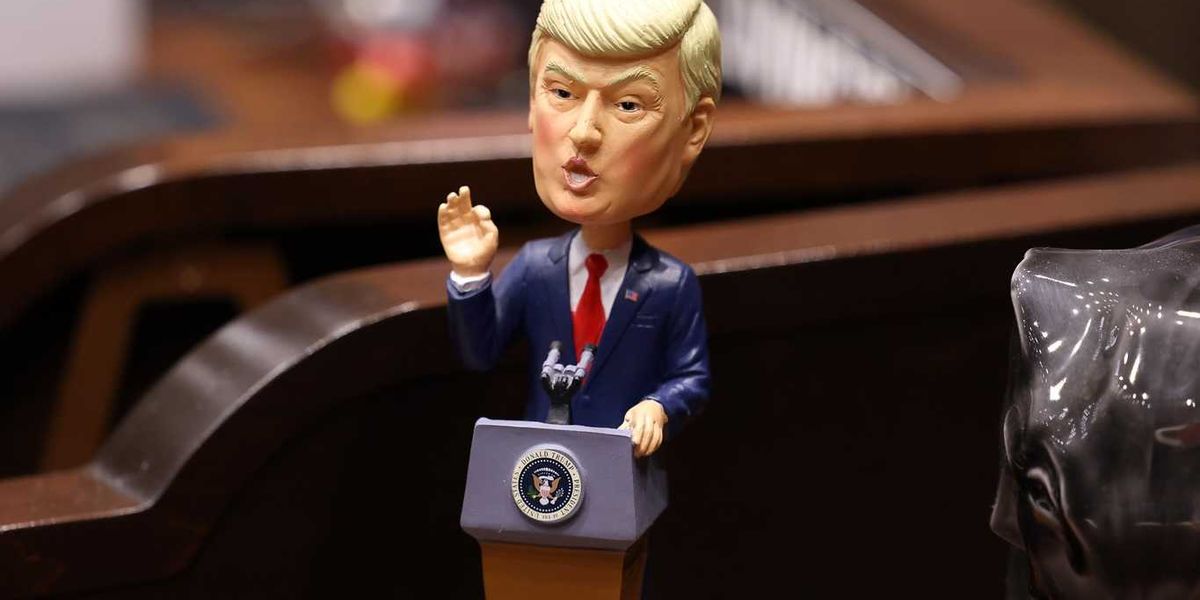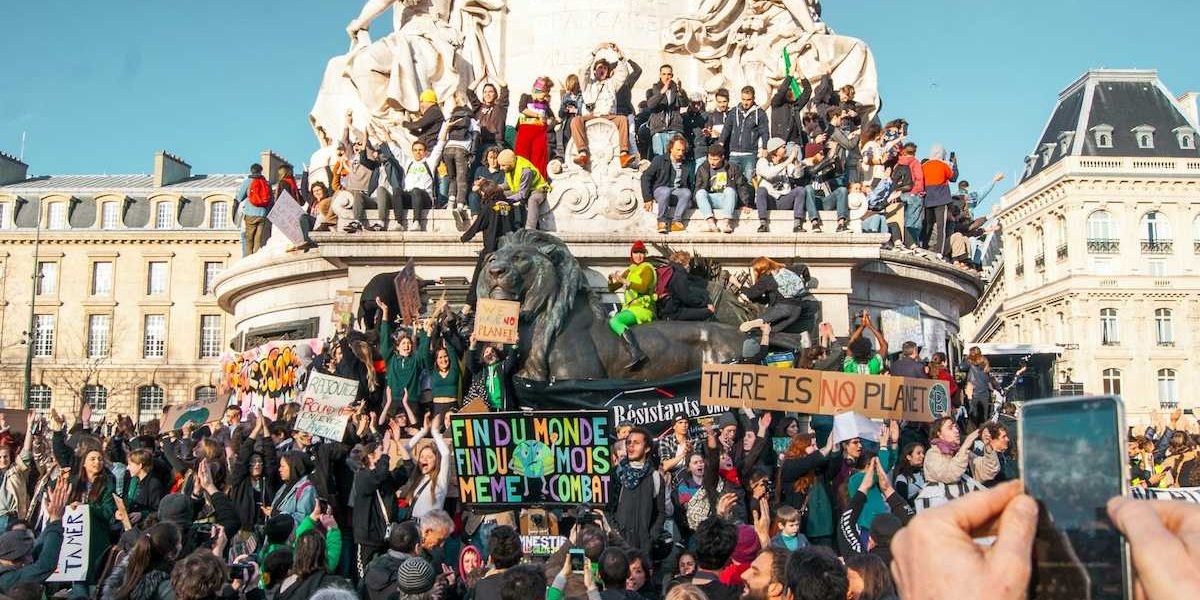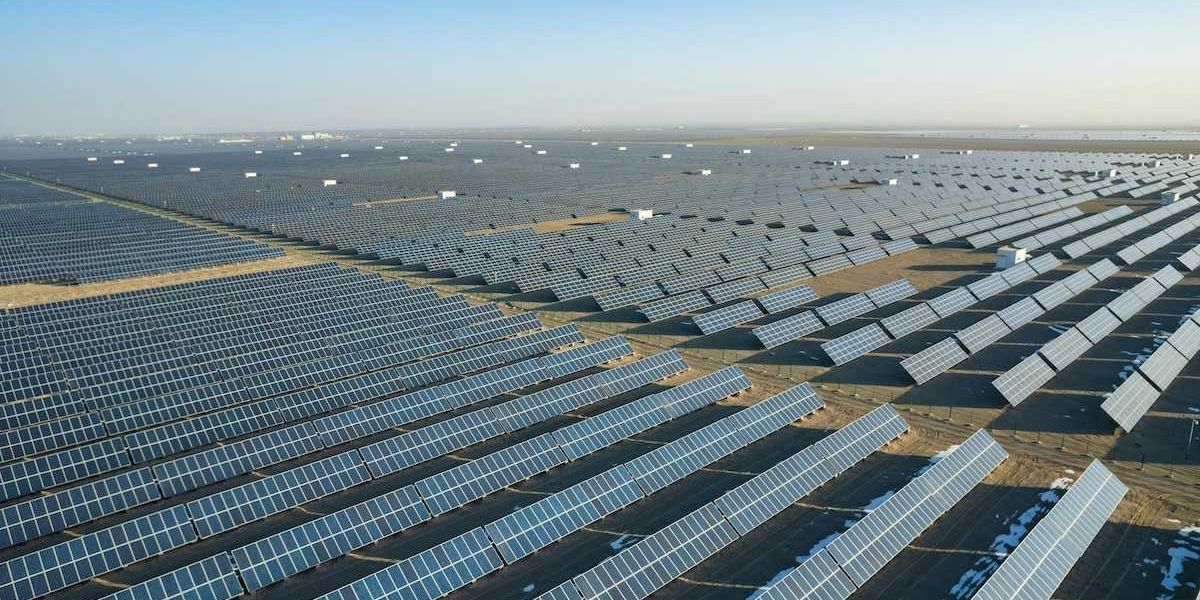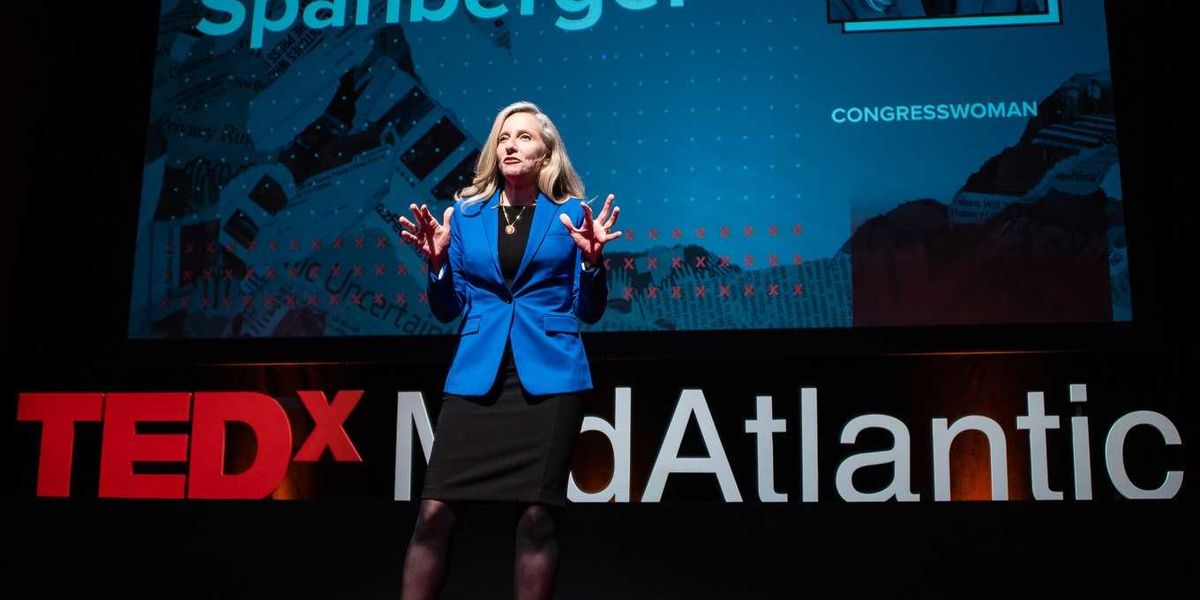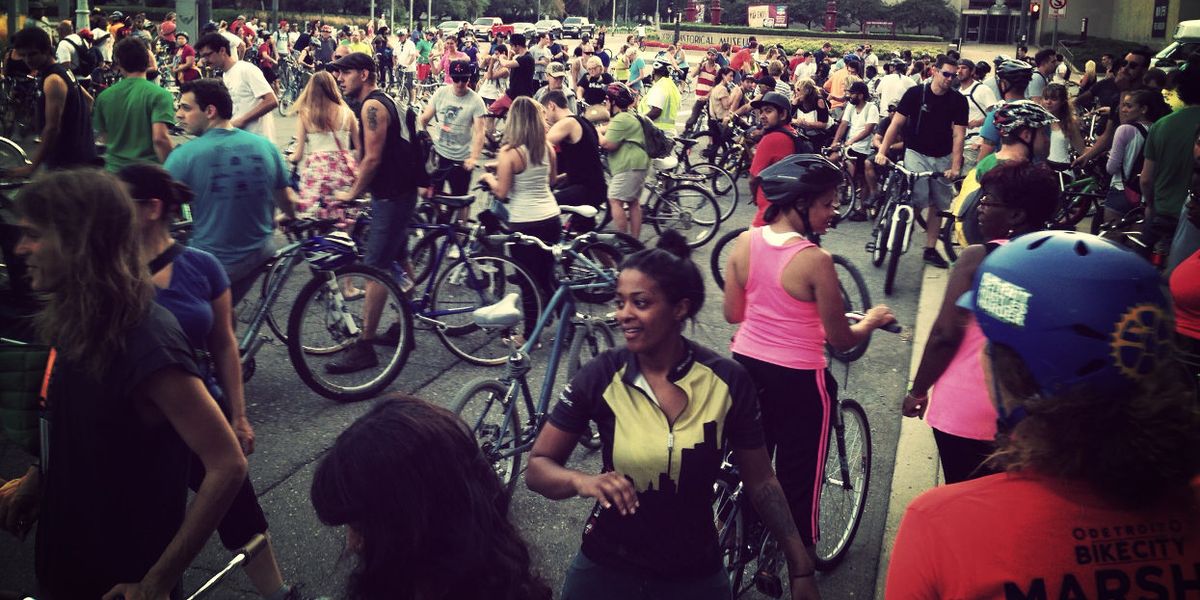
Editorial: Bicycling is having a moment—let’s use it to make riding more safe and inclusive
As we celebrate a World Bicycle Day like no other—let's keep the momentum and attention the coronavirus pandemic has brought to bicycling.
When you're a member of the media you receive notice of a lot of "days"—Pancake day, National Lame Duck Day, Textiles Day. But today is World Bicycle Day, and that means something to me. And, if you care about the environment, it should to you as well.
I love bicycling. As a child it was the freedom. When I moved to big cities it was the convenience (traffic sucks and it was a way to avoid it). Now, in my rural surroundings, it's for exercise and a way to observe and understand my region from the relatively slow pace of a road bike.
But bicycling goes far beyond the lycra-clad obsessives like me—and it spans generations. In the past month, I've spoken to my young nephew about his progress on riding neighborhood hills, and my soon-to-be-retired mother about how she's looking into the electric bike market.
The personal health benefits of riding a bicycle are well established—but what truly sets bicycling apart from other sports or recreation activities is its ability to have a massive positive impact on the local environment.
Pedal for the planet
Roughly 872,000 people in the U.S. bike to work and many more use bikes to run errands and get around town (for comparison, one quarter of all trips made by Dutch residents – 4.5 billion trips – are on a bicycle). This matters—in the U.S. vehicle emissions account for roughly a third of carbon dioxide (CO2) emissions. An estimated half of car trips are just a few miles from the home.
Every one of these bike commuters is helping the planet. A study from the European Cyclists Federation in 2011 compared the CO2 emissions of bicycling versus other motorized transportation. It went beyond emissions and even considered production, maintenance and fuel (for bicycling this means calories eaten).
For the entire life cycle researchers found: bicycling accounts for 21 grams of CO2 per passenger per half mile traveled, while a car accounts for roughly 271 grams (based on short car trips that could be replaced by a bike).
There are also built-in economic gains to be realized from expanded cycling: A landmark 2015 report from the Institute for Transportation and Development Policy found that a dramatic increase in cycling as transportation could save the planet $24 trillion over the next 35 years and cut worldwide carbon dioxide emissions by 11 percent over the same time compared to a scenario without expanded cycling.
There is the air pollution problem—cyclists are out on streets sucking in air and can be exposed to toxics during their commute or leisure ride. However, recent research shows cycling commuters are exposed to less air pollution on daily commutes than people walking or in cars and buses.
We've established that cycling is awesome for us and helps the planet, so why, in a nation of more than 328 million people, are only 872,000 commuting to work via bike?
There are all kinds of reasons and, for many people, riding a bicycle simply isn't an option. But among those that can one of the major issues is lack of bike infrastructure.
Cars are big, drivers are distracted, and our cities shamelessly prioritize automobiles.
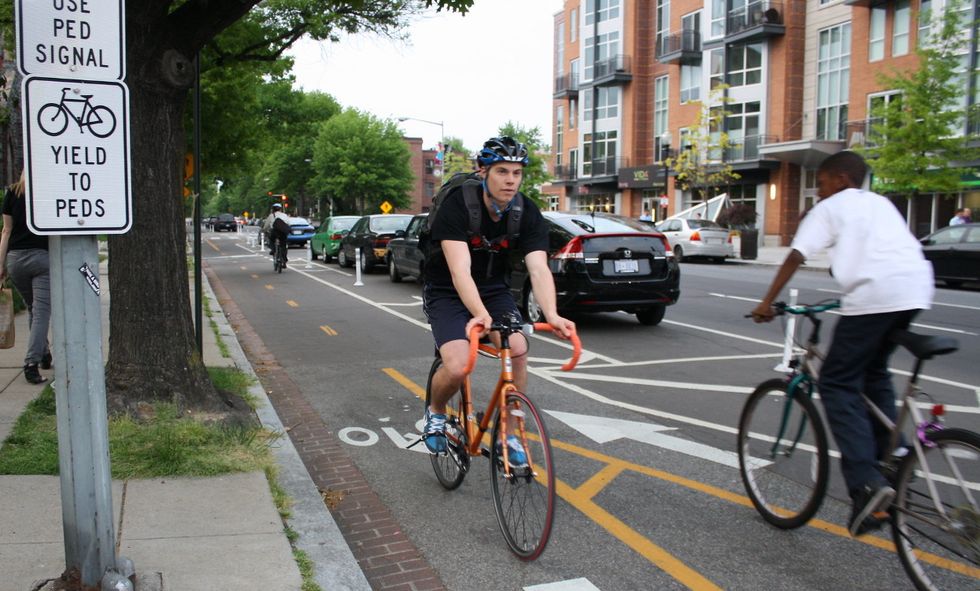
Bicycle lanes in downtown Washington DC. (Credit: Elvert Barnes/flickr)
Crisis uncovers bicycling convenience
But across the world the COVID-19 crisis has prompted concerns over mass transit, emptier streets and cleaner air—sending people dusting off their bikes and rummaging through their garage for air pumps.
Some U.S. cities have recognized this and responded. In one of the most ambitious moves, Oakland, California, closed 74 miles of streets—many along existing bike routes—to through traffic. Milwaukee will close 10 miles of streets to cars to create more cycling and walking space. Boston, Minneapolis and other cities closed streets and some parkways as well.
In New York City, cycling increased by 52 percent over the city's bridges once quarantine started. Chicago's bikeshare use doubled in March.
It's impossible to know if it'll last, or if any of these riders will turn into bike commuters.
Meanwhile, the Trump Administration is hard at work thinking of ways to ease the pain felt by the oil industry during the pandemic. And there's talk of possibly another bailout for the auto industry.
Of course—right or wrong—the oil and automotive industry are key cogs in our economic machinery so the feds have an interest in keeping people employed and cash flowing.
What if our economic considerations took health and environmental gains into account?
- Obesity related illnesses cost the U.S. hundreds of billions per year.
- Air pollution costs the U.S. economy roughly 5 percent of its GDP per year.
- As climate change continues its impacts, though hard to quantify, are estimated to cost the U.S. hundreds of billions per year.
- Stress costs the U.S. an estimated $500 million annually.
Bicycling simultaneously tackles all of these issues.
However, it's not as simple as keeping roads closed to traffic and building more bicycle lanes—bicycling and related policies need to be more inclusive.
Black and Hispanic bicyclists are often underrepresented in bicyclists counts, as Julian Agyeman, a professor of Urban and Environmental Policy and Planning at Tufts University, points out, because data is often taken in downtown areas neglecting outer neighborhoods.
Because of this skewed data, urban planners see the need is greatest downtown and that's where bicycle lanes and other infrastructure goes.
There's also racial profiling issues: investigations in Chicago and Tampa Bay, Florida, show that Black and Hispanic riders are much more likely to receive bicycle citations than white bicyclists.
COVID-19 and the killing of George Floyd have been a wakeup call for society and have caused tremendous pain and suffering.
Here's to hoping that as we emerge society places more value on healthier bodies, racial equity, cleaner air, quieter streets, a slowing down of our fast-paced lives, and the bicycle, which can help us achieve all of the above.
Banner photo: Bicycle event in Detroit, 2013. (Credit: Russ/flickr)



